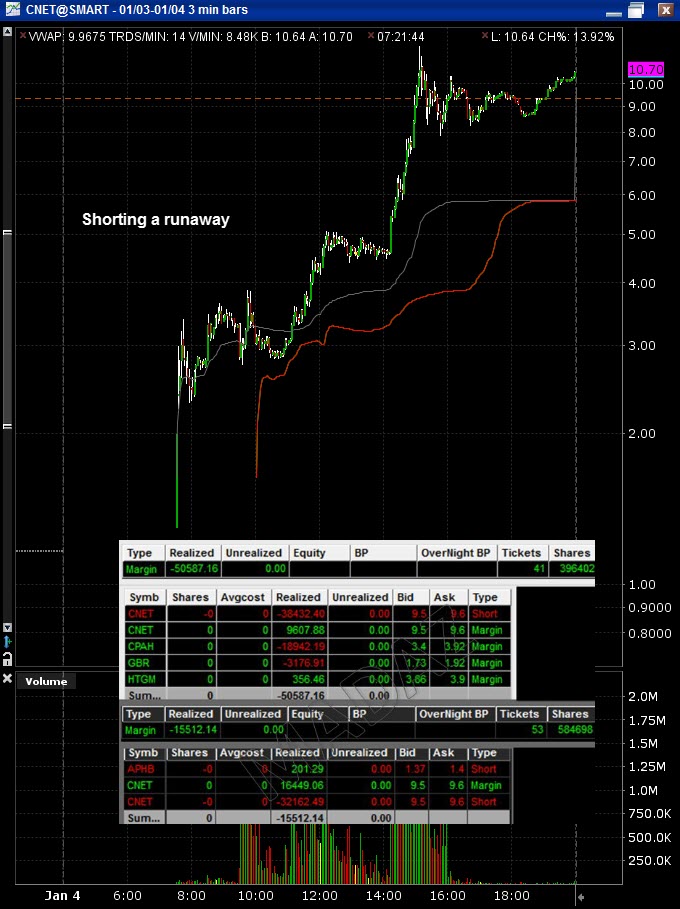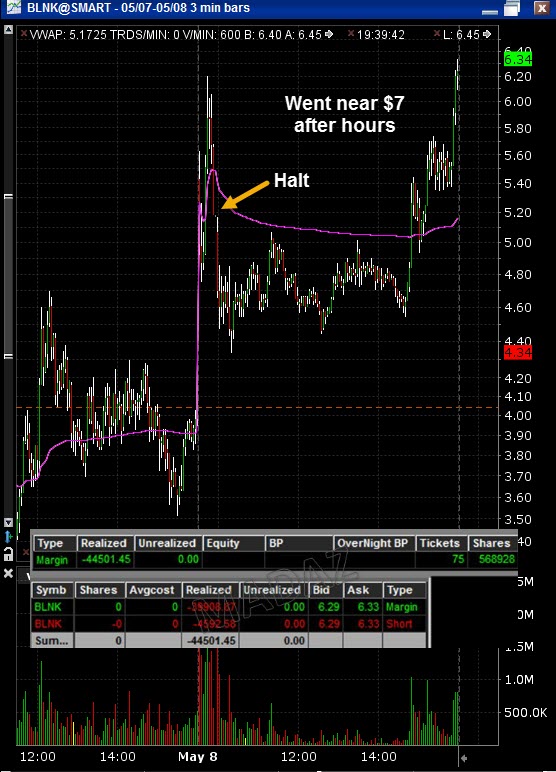Episode 122 -- Doug Cifu (39:38)
- Co-founder of Virtu
- Formerly a corporate lawyer
- Formerly a partner at Paul, Weiss, Rifkind, Wharton & Garrison in NYC for 18 years
- Fast talker, sounds like native New Yorker
- Private equity firm General Atlantic a client
- General Atlantic had idea that exchanges would become electronic, for-profit
- He was the lawyer representing GA in all their investments
- Met New York Mercantile Exchange (NYMEX) chairman: Vinnie Viola
- Vinnie Viola asked him to leave Paul, Weiss and partner with him to found Virtu in 2008
- Virtu is an electronic market making firm
- "Old school market maker" using latest technology and automation
- Vinnie was a local risking his own capital, just wanted to make a tick
- Provider of liquidity without customer order flow
- Doing one thing, doing it well, and repeating it
- Latency arbitrage isn't illegal or immoral
- Data centers in New Jersey, data centers in Illinois
- Spread Networks: it's not evil, it's just commerce
- Evolved to microwave network transmission, even faster
- Being faster by a microsecond isn't a sustainable business model
- Virtu takes no directional trades, they think they can make a tick
- They don't pray for mean reversion
- Trading 4.5MM times a day
- Bias based on bid side or offer side being stronger, classic market making
- The old rewards available to market makers don't exist anymore
- For example, specialists got 25 cents a share (the spread) in 1982 on NYSE for holding inventory on blue chips
- Wins 51% of time (usually) ... will never disclose scratch percentage [but it's obviously huge]
- Michael Lewis running around with his hair on fire
- Big barrier to entry to what they do, smaller firms can't succeed
- Madison Tyler consolidation in 2011
- To be US equities electronic market maker, costs are enormous ($70MM a year), market data, connections
- Co-location at data centers, infrastructure, footprint incredibly expensive, wouldn't be profitable for equities alone
- Their business is a scale business
- Little guys can't make it, must sell out (to Virtu)
- Putting out bids and offers is taking risk, so lots of pre-trade risk controls, including human involvement
- Hubris is a horrible vice
- Virtu went public April 2015
- One losing day in five years, operational error, mistake to put that info in, Cifu's fault
- Not an arrogant cocky firm ripping people off
- We're not swinging for the fences, just hitting singles
- Regretted putting "stupid histogram" out there
- Guys at ZeroHedge writing crap about it
- Michael Lewis's book true of market in 2009 but not 2015, "didn't really know what the hell he was talking about."
- Lewis is anti-money, anti-Wall Street ... "he's a capitalist dressed up like a communist"
- Lewis wrote fictionalized nonsense
- Markets have gotten more efficient, it's *better* than the old days because of firms like Virtu
- He was "a reasonably smart young man"
- Worked his ass off in high school, got into Columbia, worked ass off there
- Got into Columbia Law School, worked ass off, got into Paul Weiss, worked ass off to become a partner
- Kept eyes open, learned a lot about a lot of different things, was well rounded
- Worked on top-flight deals, big M&A deals, exposed to a lot of stuff
- Met Vinnie Viola, became good friends, they worked well together
- Need some innate ability, but he's "the dumbest guy at Virtu," must work your ass off
- Hire really smart people and empower them
- Be modest enough to know what you don't know
- No politics at Virtu, flat organization
- His success based on hard work, many people helping him out along the way
- No clue about financial markets in 2008
- Titles are bullshit, don't have them at Virtu
- "I'm a smart guy, I can figure it out"
- Vinnie took the risk on a "loud-mouthed lawyer" like him
- Client used to call him "Dougie Large, the man in charge" (because he's a little overweight)
- Twitter: @Dougielarge



















